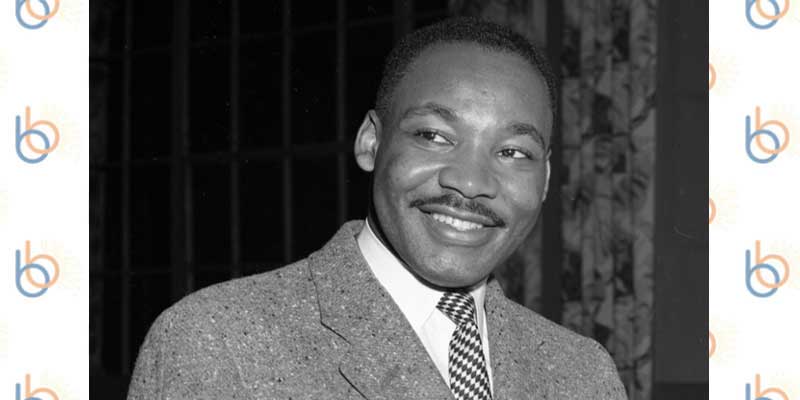Educational News
Why is Teaching a Female-Dominated Field?

When you think of a teacher, what sort of person do you visualize? Someone patient with a kind smile? Someone poised and professional? Does the person you’re thinking of change when "teacher" becomes "professor?"
Since the pandemic, many conversations have been had regarding the rights, safety, and role of teachers in our schools. From picking up the pieces of administrations unequipped to handle remote learning to protesting against safety measures pushing kids back into schools, teachers have been making headlines. Since 2016, experts have warned of the growing supply and demand problem that schools would be facing over the next ten years. Reports show that the COVID crisis has only sped up this problem, with 1 in 3 teachers polled planning to retire early than usual. As fewer and fewer new teachers enter the field, keeping these veteran teachers in classrooms as long as possible can no longer be counted on to help this issue.
Teachers suffer low pay, little respect, and more and more pressure from all sides. And for many, the reason is a consequence of the teaching profession being largely populated by women. Today, 3 out of 4 public school teachers in the United States are women, and 97% of early childhood educators are women. Consequently, ECE has the lowest pay of all grade levels. This imbalance of power is also felt in administration and post-secondary education, where men make up the majority.
Historically, the teaching profession became an acceptable career path for women starting in the mid-1800's, when women seeking employment was more of a rarity. Before public school system were put into place, women were expected to teach children basic athematic, language arts, history, and life science. When public schools were established throughout the country, women were sought out for their discipline, personal accountability, and what was seen as a natural nurturing ability needed for young children sent out of the home and into the classroom. And women heeded the call, gaining financial freedom they could never had gotten any other way, a sense of purpose in helping educate the children in their care, and pride in their work and accomplishments. It was women who formed teachers’ unions to ensure fairer pay, safer working conditions, smaller class sizes, and more. Even with the advances that unions have made over the past 100 years, expert can draw many parallels between teachers at the turn of the last century and the early part of this one.
Being a woman is not a prerequisite to being a great teacher. But it’s undeniable that the traits and behaviors that society encourages women to display are assets in the classroom. This can make things very difficult for male teachers, especially of young children, who face suspicion, disrespect, and uncertainty in their chosen field. Anyone with a passion to impart knowledge and the skills to help a child understand new concepts should feel confident in their career, and no one should undervalue the hard work and dedication that goes into being a teacher. As a parent, being involved in your child’s education is about more than monitoring progress, participating in parent-teacher meetings, and helping out with the occasional fundraiser. It’s about being an advocate for education, for your own child as well as their peers. It involves supporting the teachers who dedicate their lives to improving your child’s, being an advocate for them, and demanding that they be treated with the same respect and consideration that you expect for yourself. Parents and teachers have the same goal: to help kids to Be Their Best. Together, we can make that happen every single day!


